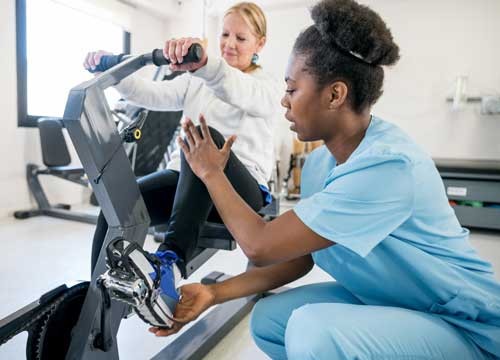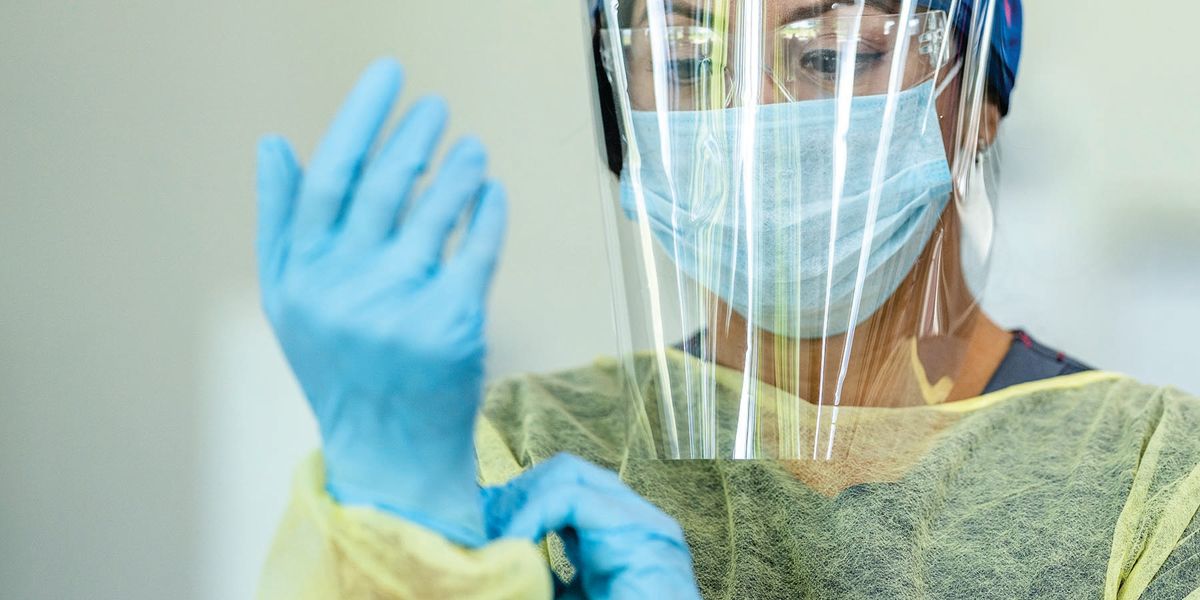The Significance of the Hospital’s Rehabilitation Department
The rehabilitation department of a hospital plays a crucial role in helping individuals recover, regain function, and improve their quality of life after illness, injury, or surgery. Comprising a team of skilled healthcare professionals, the rehabilitation department provides comprehensive services tailored to each patient’s unique needs. In this blog post, we will explore the significance of the hospital’s rehabilitation department, highlighting the vital role it plays in facilitating recovery and restoring independence.
Multidisciplinary Approach:
The rehabilitation department takes a multidisciplinary approach to patient care, involving a team of specialists from various disciplines such as physical therapy, occupational therapy, speech therapy, and rehabilitation nursing. This collaborative approach ensures that patients receive comprehensive care that addresses their physical, cognitive, and emotional needs. The team works together to develop personalized treatment plans, setting specific goals and milestones for each individual’s rehabilitation journey.
Physical Rehabilitation:
Physical therapy is a core component of the rehabilitation department’s services. It focuses on restoring physical function, mobility, and strength. Physical therapists assess patients’ mobility and design exercise programs to improve balance, coordination, flexibility, and muscle strength. They utilize a range of techniques and modalities such as therapeutic exercises, manual therapy, gait training, and assistive devices to promote recovery and optimize function.
Occupational Rehabilitation:
Occupational therapy aims to enable individuals to engage in meaningful activities and regain independence in daily life. Occupational therapists assist patients in relearning essential skills such as dressing, grooming, feeding, and household tasks. They focus on improving fine motor skills, coordination, cognitive abilities, and adapting the environment to support optimal functioning. Occupational therapy facilitates the transition back to work, school, and social activities, promoting overall well-being.
Speech and Language Rehabilitation:
Speech therapy is instrumental in helping patients overcome communication and swallowing difficulties. Speech-language pathologists in the rehabilitation department work with individuals who have experienced speech impairments due to stroke, traumatic brain injury, or other conditions. They provide targeted exercises and techniques to improve speech articulation, language comprehension, and expression. Additionally, they help patients regain swallowing function, ensuring safe and efficient oral intake.
Pain Management:
The rehabilitation department plays a significant role in managing pain and discomfort during the recovery process. Through various modalities such as therapeutic exercises, manual techniques, electrical stimulation, and heat or cold therapy, healthcare professionals in the department help patients alleviate pain, reduce inflammation, and improve overall comfort. They also educate patients on self-management techniques and lifestyle modifications to prevent or minimize pain recurrence.
Psychological and Emotional Support:
Rehabilitation is not solely focused on physical recovery; it recognizes the importance of addressing the psychological and emotional aspects of rehabilitation. The rehabilitation department provides psychological support and counseling services to help patients cope with the emotional challenges that may arise during their recovery journey. This support promotes resilience, motivation, and a positive mindset, crucial for achieving optimal rehabilitation outcomes.
Patient Education and Empowerment:
The rehabilitation department emphasizes patient education and empowerment. Healthcare professionals in the department educate patients and their families about the rehabilitation process, explaining treatment options, setting realistic expectations, and providing guidance on self-care and home exercises. By actively involving patients in their own recovery, the rehabilitation department empowers them to take ownership of their health, leading to better adherence to treatment plans and improved long-term outcomes.
Conclusion:
The rehabilitation department of a hospital plays a vital role in helping individuals regain function, independence, and overall well-being after illness, injury, or surgery. Through its multidisciplinary approach, encompassing physical therapy, occupational therapy, speech therapy, pain management, psychological support, and patient education, the rehabilitation department provides comprehensive care that addresses the unique needs of each individual. By focusing on holistic recovery and empowering patients, the department facilitates successful rehabilitation journeys, enabling individuals to reclaim their lives and achieve their highest potential.



Post Comment